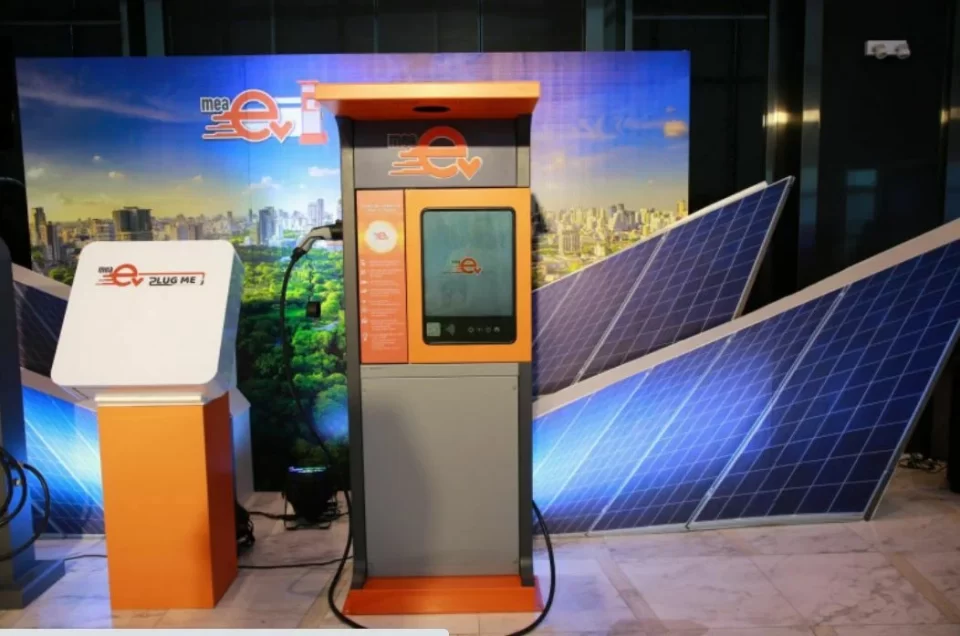According to a recent statement from the Metropolitan Electricity Authority (MEA), Thailand’s capital city is undergoing significant changes. In a significant move to streamline power delivery to the three provinces in the Greater Bangkok area—Bangkok, Nonthaburi, and Samut Prakan—1,454 kilometers of electrical wires would reportedly be buried underground during the next ten years.
MEA Governor Wilas Chaloeysat unveiled these proposals just days before the Authority celebrated its 65th birthday, outlining the project’s objectives. These include raising the system’s efficiency as well as increasing the convenience of electricity distribution. As a component of the larger idea of smart metro grids and smart meters, this strategy is anticipated to incorporate smart technologies to assist in controlling the infrastructure.
He added that the MEA had surveyed main roadways in the city and its environs when talking about the smart metro grid project. According to the survey, more than 1,000 kilometers of MEA cable cables must be buried. Within a decade, the massive project is expected to be finished. Along Skytrain and metro train routes are the key emphasis locations that this effort is targeting. We have already moved 91 kilometers of electrical wires below the surface of the city. By 2027, we intend to extend the project another 236.1 kilometers, bringing the overall length of the subterranean wire to around 1,454 kilometers.
By 2027, the plan expects to have installed 441,400 sets of smart meters, a remarkable increase from the current 33,265 units. According to Wilas, the MEA personnel will be able to quickly identify and fix system problems thanks to this smart meter system, enabling to handle issues even before customers complain.
To make life easier for city dwellers, significant improvements are being made. For a sustainable future, we have adhered to our guiding idea of “Go Smart, Go Digital, and Go Green.”
The MEA has also developed a strategy that is in line with the government’s objective to encourage electric vehicles (EVs) within an EV ecosystem, according to the Bangkok Post. This strategy is viewed from the broader perspective of environmental sustainability.The MEA has been proactive in installing EV charging stations, developing smart charging systems for homes, and implementing transformer load surveillance to prevent electrical overloads, with predictions estimating 6.6 million electric cars in Thailand by 2037.
MEA predicts a 13% yearly rise in electricity consumption based on the current trend and the exponential growth of EVs. The Authority expects that this year’s overall power consumption would be 51.388 billion units, a slight rise of 0.84% from last year.
READ MORE: https://bangkokone.news
SOURCE: http://bangkokpost.com





